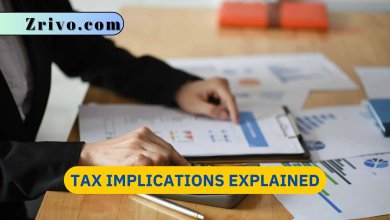How ESPP taxed

ESPPs or employee stock purchase plans aren’t taxed exactly the same way as the income generated from the sale of a stock you bought from an exchange. They are specific rules that only apply to ESPPs, and you should know them before filing a federal income tax return. Otherwise, you might end up amending your return if you treated them as capital gains just cause you held the stocks for more than a year. In this article, we’ll explain how the sale of stocks from ESPPs are taxed.
Holding requirement
While one year is enough for stocks you buy from an exchange, it isn’t like that with ESPP. Most would want to pay capital gains tax on the amount they profited from the sale of the stock rather than paying ordinary income, which is almost always higher than the capital gains tax rate.
Undoubtedly, there is a one year holding requirement for capital gains, but it doesn’t stop there with ESPP. In addition to holding the stock for more than a year, your stock options must’ve been granted to you for at least two years.
For example, if your stock options were granted to you on February 15, 2023, and you exercised them on March 15, 2023, only selling them after February 15, 2024, will be a qualifying disposition. Even though one year has passed since you exercised your options doesn’t necessarily mean that you’ll pay capital gains tax.
It doesn’t end there. You must also be working for the company for at least three months before you exercise the option.
Ordinary income and FMV
Assuming you meet all the requirements mentioned above, there is the case with the ordinary income, which will add up to your gross income. Your ordinary income from the sale of the stock will not be just the entire sale.
When the option price is less than the stock’s FMV on the day received, your ordinary income from the sale is to the bit the fair market value is more than the option price. If this is the case for you, report it as part of your ordinary income on your federal income tax return.
When the option price is more than the stock’s FMV on the day received, it’s a long-term capital gain.
The above only applies to those that meet the holding requirements. If the sale of the stock happened two years before the options were granted or sold within less than a year of holding, its taxed as ordinary income.





